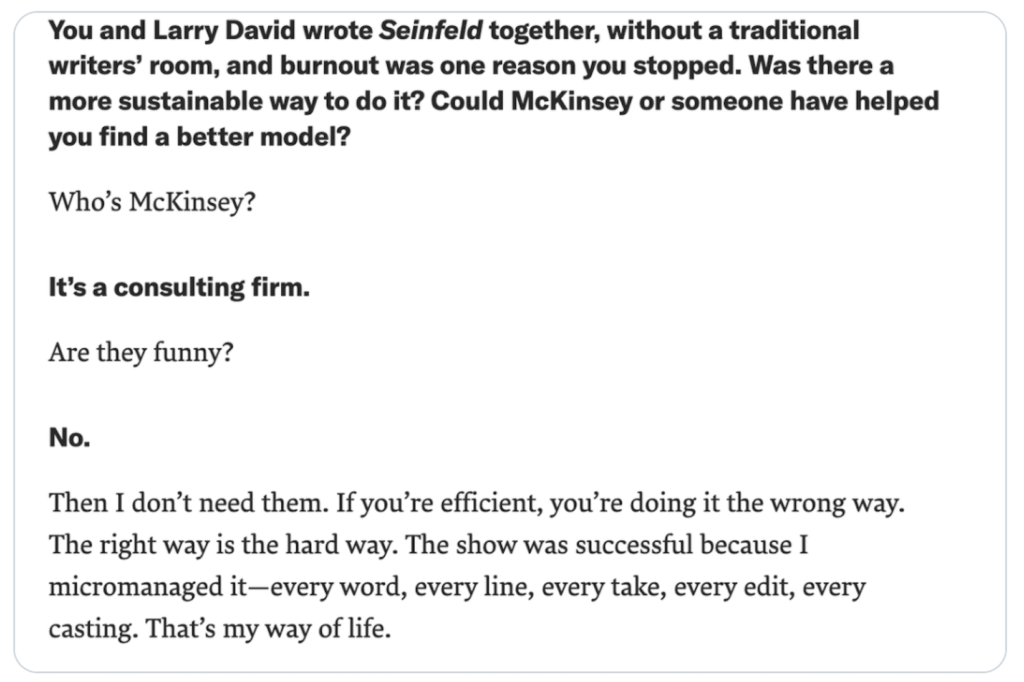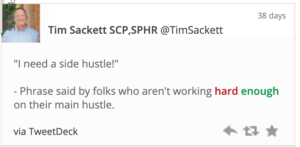“Never! Work smarter not harder!”
Shut it. I wasn’t talking to you idiot.
I tend to try and surround myself with people who are “hard” workers. Who sees stuff that needs to be done and they just do it. In fact, they can’t even turn themselves off if they wanted to. Maybe all the work that you, or I, or they do isn’t “hard”, however, you define hard work, but it’s work and it needs to get done.
Every successful person I know is a hard worker.
Being a hard worker doesn’t mean you almost always work more than everyone else, but when work needs to get done, they get it done. But, don’t discount time and success, most successful people work more and harder than none successful people. It’s super rare to find a lazy successful person.
At what point in your life should you work the hardest?
No, it’s not all the time, unless you’re young, then yes, when you are young you should be working hard all the time! That is the time to build the foundation. That is the time you have the most energy. That is the time when you have the least to lose.
The time in your life when you should be working the hardest is when you are young. 18-35 years of age, should be a work fest, followed by brief interludes of some trips and stuff.
I often get into conversations with young people who want to retire young, be super successful, but they have yet to work 50 hours in a full week in their life! They should be working 80-100 hours per week. This is the time you can work that amount and make it count.
But girls (and boys) just want to have fun, Tim!
Yeah, you know what’s not fun? Being a greeter at a mass retail store at 68 years old because you can’t pay your rent. The world is a young person’s game because you are fun. You have the time, the energy, you as nice looking as you’ll ever be, you have the fresh young person smell, all of the world wants more of you!
To be successful you must work hard. Part of that success comes from working hard all the time when you are young. As you age and gain experience, you begin to find out when exactly you need to turn it on and when you can shut it down for a bit. If you’re young and you think you already know when to shut it down, you’re a moron, or at the very least you are only getting to a fraction of the success that you are capable of.
If you just graduated high school or college this month, it’s not the time for a break, your life is just beginning. Right now, today is the exact time you should be working hardest and you should be doing it all the time!


